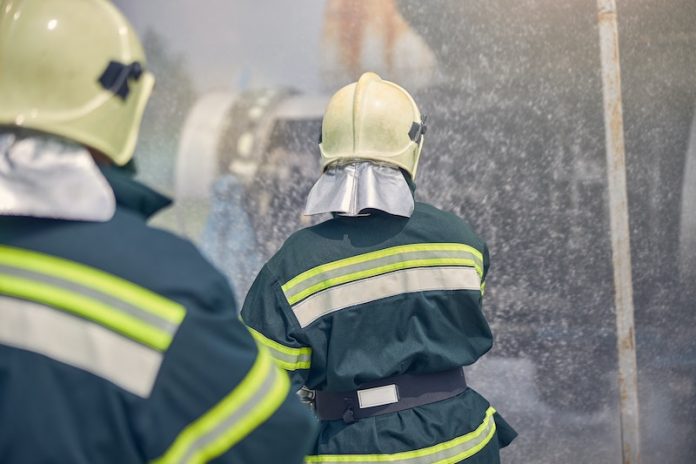
Contrary to what one might expect, approximately 40% of on-duty fatalities among firefighters are not due to fire or smoke inhalation, but rather sudden cardiac death.
To address this issue, a research team, including scientists from the National Institute of Standards and Technology (NIST), the University of Rochester, and Google, are leveraging artificial intelligence to identify early warning signs of heart problems.
Predicting Cardiac Irregularities
Published in the Fire Safety Journal, the study presents an AI model that accurately identifies abnormal cardiac rhythms, a leading cause of sudden cardiac death.
Given the demanding physical nature of firefighting work, these professionals face twice the rate of on-duty cardiac fatalities than police officers and four times the rate of other emergency responders.
The team hopes their research can lead to the development of a wearable heart monitor that can provide real-time alerts of cardiac irregularities, potentially saving lives.
Training the AI Model
The AI model, called the Heart Health Monitoring (H2M) model, was trained using a unique dataset collected a decade ago by the University of Rochester School of Nursing.
It included 24 hours of electrocardiogram (ECG) data from 112 firefighters during both their on-duty and off-duty hours.
The model was taught to distinguish between normal and abnormal heartbeats, such as atrial fibrillation or ventricular tachycardia.
Once trained, H2M demonstrated an impressive 97% accuracy in identifying abnormal ECG samples from firefighter data that it hadn’t previously encountered.
In contrast, when trained with non-firefighter ECG data, H2M had an error rate of about 40% in identifying cardiac events in firefighter data.
The Potential of AI in Cardiac Monitoring
This groundbreaking work underlines the importance of using appropriate training data for AI models.
It also suggests that similar technology could help other at-risk groups, such as other first responders and additional populations in the general public, if the AI is trained with suitable ECG datasets.
Given the potential of this technology, future research and development may focus on incorporating this model into portable, wearable devices that can provide real-time monitoring and alerts.
This could be the next best thing to having a cardiologist on site during a firefighting operation, offering a potential lifesaver to those risking their lives to protect others.
If you care about heart health, please read studies about how eating eggs can help reduce heart disease risk, and herbal supplements could harm your heart rhythm.
For more information about health, please see recent studies about how drinking milk affects the risks of heart disease and cancer, and results showing DASH diet is good for your blood pressure, and a vegetable diet may reduce heart disease risk.
The study was published in Fire Safety Journal.
Follow us on Twitter for more articles about this topic.
Copyright © 2023 Knowridge Science Report. All rights reserved.



